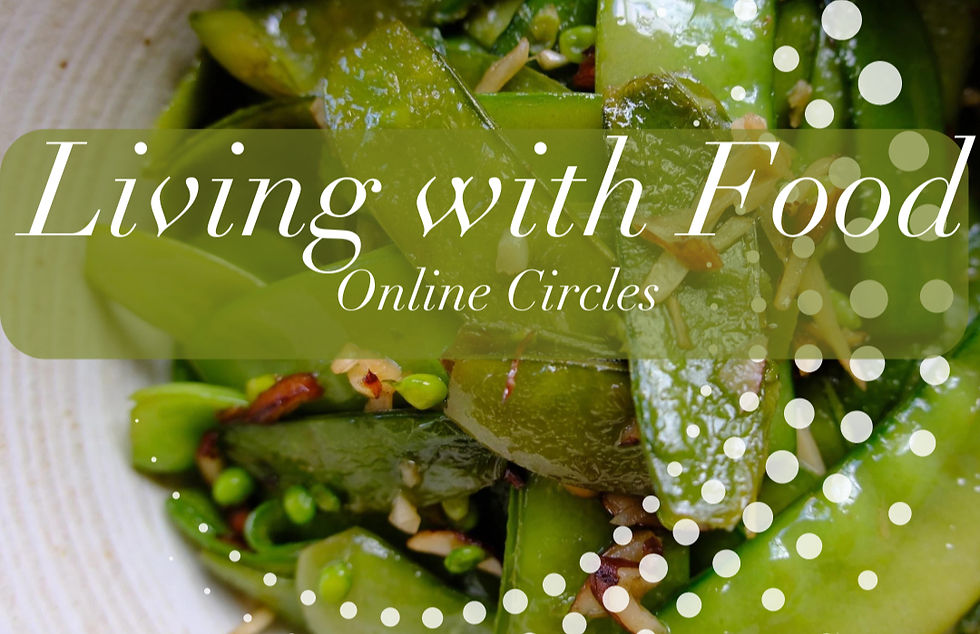Usually, when discussing food, our conversations revolve around what is considered ‘good’ or ‘bad’ to eat. We often prefer clear-cut rules to navigate this complex food landscape. For example, we might hear, “Caffeinated drinks and processed sugars are bad for you, so avoid them,” or “Greens and vegetables are good for you, so eat plenty.” While these guidelines can be helpful and are often backed by sound science or traditional wisdom, we are increasingly confronted with conflicting food rules. For instance, is it good or bad for me to eat meat? Is a daily cup of coffee beneficial for boosting energy, or does the caffeine make us jittery? And what about red wine—is it healthy due to its tannins or harmful because it’s alcohol?
Every claim I encounter about food holds a kernel of truth, whether it’s supported by scientific research, personal experience, or a well-reasoned moral argument. Yet, these conflicting messages make it challenging to know how to plan meals. Jean’s insights on food, however, shift the conversation away from notions of ‘good or bad’ or ‘right or wrong.’ Instead, his decisions are informed by a deeper understanding of being, leading us from the ethics of food (what we should or shouldn’t eat) to its ontology (what food truly is).
So, what is food? Let’s simplify this with a concrete example: what is a carrot? There are many angles to explore, but fundamentally, a carrot is made of the same matter as I am. If I were a physicist, I might discuss atoms; if I were a chemist, I’d focus on carbon; as a biologist, I would mention cells. Regardless, despite its orange color and earthy origin, a carrot and I share fundamental similarities in composition. Our basic matter is organized differently, resulting in distinct functions and survival needs.

[AI Generated]
When a carrot becomes ‘my food,’ it enters my mouth, gets chewed, and swallowed. During digestion, my body extracts what it can use from the carrot to fuel energy, growth, healing, and the myriad processes essential to being human, discarding the rest as waste.
Conversely, my body could also serve as ‘food’ for the carrot. Though it may seem convoluted—requiring my death and decomposition—the same principle applies. If the carrot is planted above my buried body, it can absorb the nutrients released through decomposition, using them to nourish itself.
This is nature at work. For Jean, the key isn’t simply what passes through the human or carrot body but whether that body is imbued with power or energy throughout the process. A body filled with power signifies good health and balance. Jean is interested in what brings both human and carrot bodies into balance. But what determines a carrot’s power or balance? I believe it boils down to two factors: first, the carrot’s evolution over millions of years, which has allowed it to adapt and survive; second, its interaction within a larger ecosystem, where it both gives to and receives from its environment (for example, drawing nutrients from the soil or serving as food for animals).
When the carrot is powerful and healthy, the surrounding ecosystem likely mirrors that balance. This mutual relationship means that the carrot, along with the bugs in the soil, fungi, and animals that consume it, has evolved in tandem to maintain stability in their environment. Left to their own devices, the carrot and its companions can sustain balance and remain empowered.
However, when the carrot is out of balance, it becomes ‘sick’ and unable to function from a place of power. This is reflective of many of today’s carrots. This decline is not due to inherent changes in the carrot itself—though there may be valid concerns about carrot genetics—but rather a consequence of an ecosystem that no longer provides the necessary conditions and nutrients for the carrot to thrive. Consequently, the carrot also loses its ability to support the ecosystem as it once did.

[Jean teaching us about the power of vegetables - Photo Credit: Peter Baert]
Healthy humans, like healthy carrots, rely on a balanced ecosystem to maintain their power. Since we are part of the same system, the state of our vegetables reflects our overall health. Currently, we find ourselves out of balance, unwell, and lacking power. For Jean, the goal is to restore our equilibrium. But if we’ve reached a point of no return regarding our ecosystem, what can we do? Jean suggests we can cook and “cook as if we are one with the universe.”
Stay tuned for my next post next week for more insights!
Links:
Jean Torne https://www.wholefoodkitchen.co.uk/
The Concord Institute: https://integralstudies.concordinstitute.com/
Peter Beart (photography): peterbaert.com
Wye Philosophy's Event:

Annie's Online Circles about the Philosophy of Food starts in September.

Comments